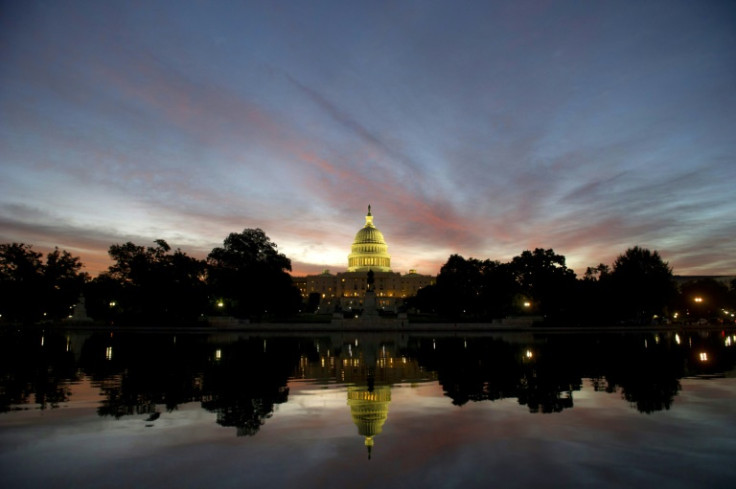What The Results Of Midterm Elections Mean For Financial Markets And Economic Policy
Midterm elections are over, and the results continue to pour in, projecting a divided legislature in Washington: A Republican majority in the House of Representatives and a Democratic majority in the Senate.
With the Republican party likely to be in control of the House of Representatives (results for the Senate to follow), global trade credit insurer Allianz Trade North America expects that Washington won't push any significant economic and fiscal legislation through in the next two years.
That's usually a good thing for the nation's firms, as economic and fiscal legislation raises the cost of doing business.
"Divided government leads to gridlock," said Aaron Rafferty, CEO of BattlePacs, in an email to the International Business Times. "Gridlock slows policymaking, and slower policymaking means more near-term certainty for businesses."
Financial markets usually like this situation.
"Historically, we see some of the best returns (upwards of 13%) with a Democrat president and republican congress," added Rafferty. "In contrast, a unified government is traditionally worse for the markets and would be business as usual as we have seen for the past two years."
But that's something that markets may have already priced in, according to Konrad Petraitis, an Analyst for London-based Sibylline, a worldwide risk analytics company.
"Ever since Clinton, there has been a downward trend in legislation introduced or enacted," he told IBT.
Petraitis thinks a Republican-dominated House will likely invite scrutiny for large firms, especially those that have espoused what are perceived to be left-wing causes.
"Expect CEOs to be dragged into committees to explain their political viewpoints in televised hearings," he explained.
Concerning macroeconomic policy, Petraitis doesn't expect a significant shift from fiscal populism. Both parties have abandoned mainly the mantra of budgetary conservativism, although the Republican party still has several holdouts that lend the GOP some authority.
"We do not expect any tangible belt-tightening in the near term," he added. "With suggestions that a recession might be down the pipeline, the GOP might find themselves in a position to cooperate with Democrats to add further stimulus to the economy just ahead of the 2024 elections."
Rafferty expects to see much less spending on green initiatives and more theoretical technologies with a Republican-controlled House. Moreover, he sees "some weight lifted off the financial sector in favor of more heavyweight giants like Blackrock and JP Morgan and away from more consumer-related services like Robinhood."
Still, Robert R. Johnson, Professor, Heider College of Business, Creighton University, believes that with control of the Senate possibly hinging on the Georgia Senate race, markets are in for uncertain times, which could take traders and investors for a wild ride.
Moreover, Johnson argues that the midterms were simply a momentary diversion for the markets from the Fed's interest rate policy.
"And, the recent cooler-than-expected inflation and employment numbers are giving hope to investors that the Fed will be able to stop the rate hikes earlier than expected," he added.

© Copyright IBTimes 2025. All rights reserved.




















